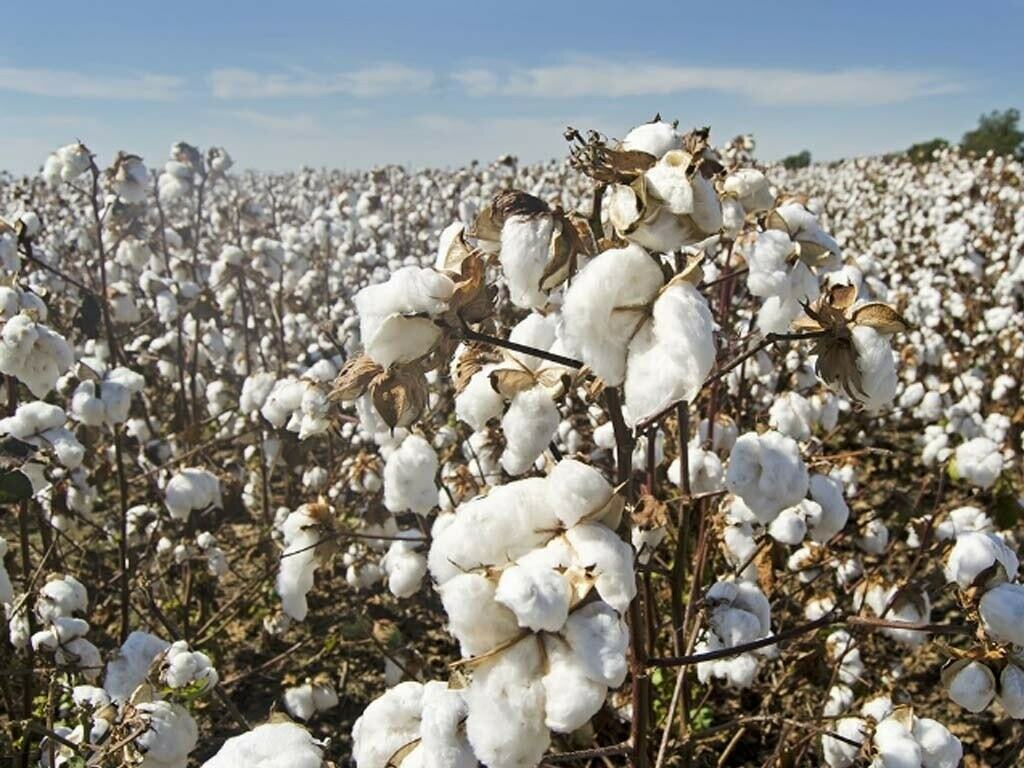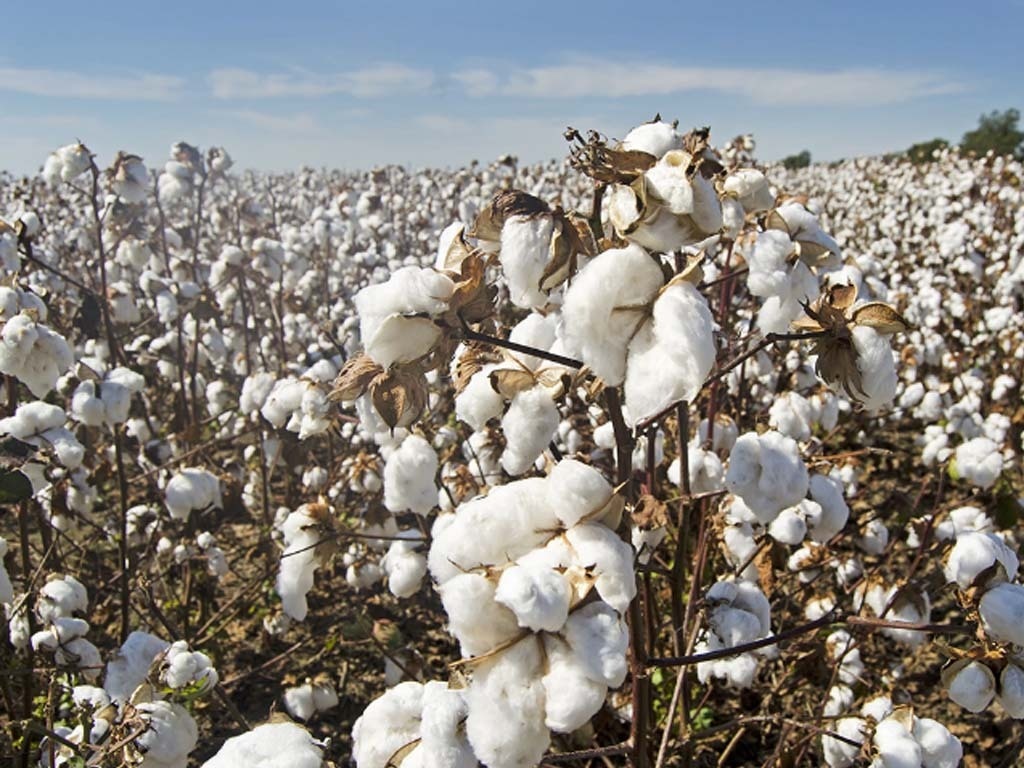Business volume improves on cotton market
Recorder Report
08 Jan 2022
LAHORE: The Spot Rate remained unchanged. The local cotton market on Friday remained steady and the trading volume improved due to increase in demand.
Cotton analyst Naseem Usman while talking to
Business Recorder said that according to the fortnightly report issued by Pakistan Cotton Ginners Association on Monday 7.35 million bales arrived as compared to the last year production of 5.37 million bales during this period.
He also told that cotton will not be available in the Month of February. New crop of cotton will arrive in June. He also said that prices of cotton and cotton related products like yarn and Banola increased by 60 % during 2021.
He also told that that price of Punjab’s Phutti attracted per 40 kilograms prices from Rs6,000 to Rs8,000.
Cotton of Sindh was traded from Rs 15,000 to Rs 19,000 per maund, Punjab’s cotton was traded from Rs 16,000 to Rs 18,500 per maund.
He told that 1200 bales of Pano Aqil, 800 bales of Mir Pur Mathelo, 400 bales of Khan Pur Mehar were sold at Rs 18500 per maund, 1000 bales of Bagho Bahar were sold at Rs 19050 per maund, 200 bales of Rahim Yar Khan were sold at Rs 18500 to Rs 18700 per maund, 2600 bales of Sadiqabad were sold at Rs 18500 per maund, 2400 bales of Chichawatni were sold at Rs 18300 to Rs 18500 per maund, 800 bales of Lodhran were sold at Rs 18300 to Rs 18400 per maund and 400 bales of Fort Abbas were sold at Rs 17200 per maund.
ICE cotton futures fell on Thursday, weighed by weak export sales data, with a retreat in wider markets adding to the downbeat mood. The cotton contract for March was down 0.99 cent, or 0.9%, at 115.29 cents per lb by 12:23 p.m. ET (1723 GMT). It traded within a range of 114.6 and 116.13 cents a lb.
The US Department of Agriculture’s weekly export sales report showed net sales of 143,200 running bales for 2021/2022, down 26% from the previous week, and 48% from the prior four-week average.
“The export and export shipment numbers were not great and this is probably adding some pressure on the prices,” said Jim Nunn, owner of Tennessee-based cotton brokerage Nunn Cotton, adding that exports may have been impacted by the holiday week. “It is also not surprising that the market is down a little bit as it seems to be cooling off a little after going up in the last few sessions.” The March cotton contract has gained 2% this week.
Chicago soybean futures edged lower as broad selling in financial markets countered weather concerns in South America that pushed prices to a five-month high.
Wall Street’s main indexes fell in choppy trading after minutes from the Federal Reserve’s last meeting struck a hawkish note.
Total futures market volume fell by 9,829 to 14,204 lots. Data showed total open interest gained 643 to 244,038 contracts in the previous session. Certificated cotton stocks deliverable as of Jan 5 totalled 617 480-lb bales, unchanged from the previous session.
The Spot Rate remained unchanged at Rs 18300 per maund. The Polyester Fiber was available at Rs 252 per kg.
Copyright Business Recorder, 2021









